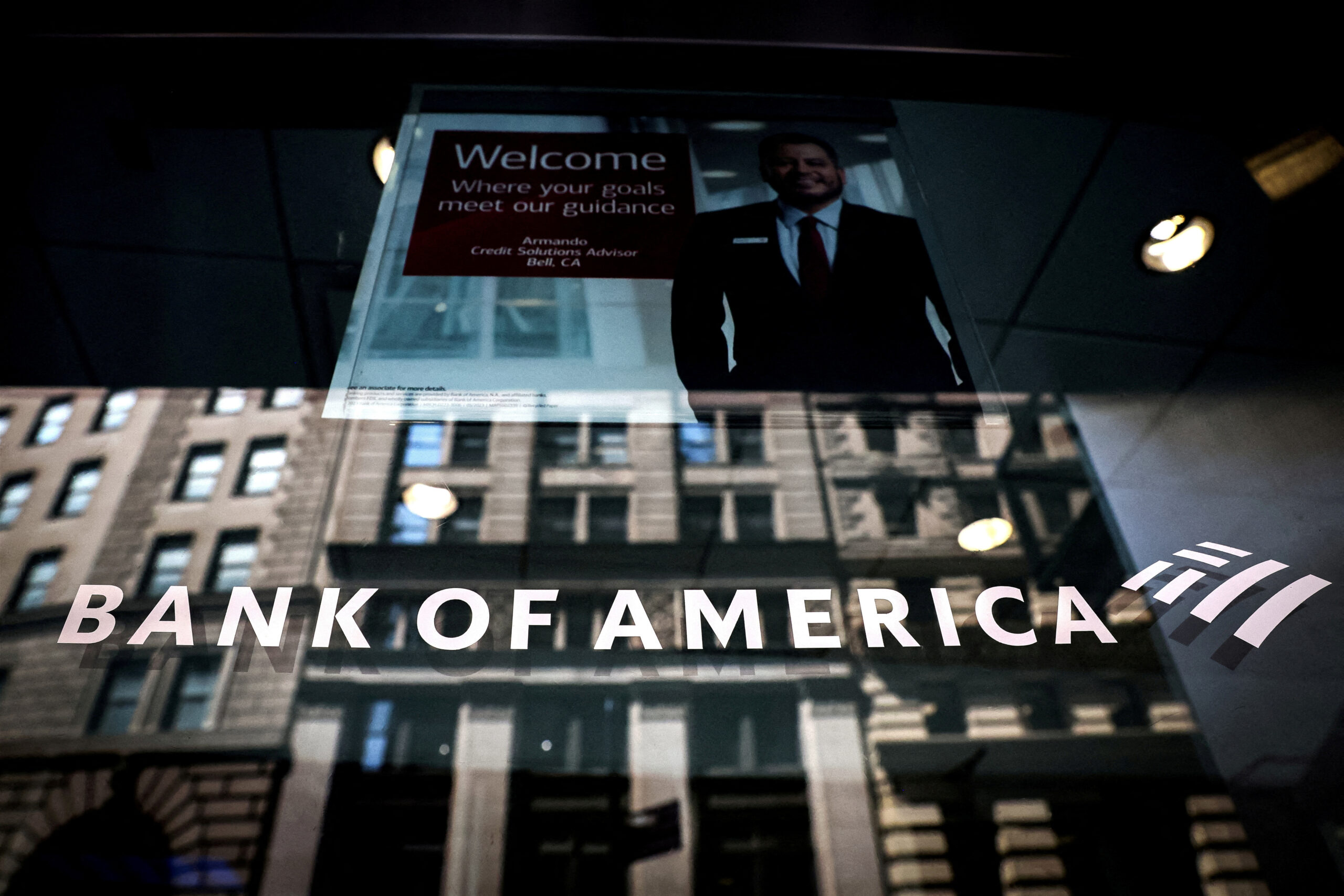




Warren Buffett, often referred to as the 'Oracle of Omaha', has amassed a staggering cash pile of over $325 billion as of Q3 2024, reflecting a cautious investment strategy amid uncertain market conditions and upcoming U.S. elections [1b5cf1ad]. This substantial cash reserve is the highest ever for Berkshire Hathaway and nearly double the amount held at the end of the previous year, raising concerns about potential market volatility and the future performance of U.S. stocks [bd84eb6a].
Buffett's recent investment decisions include a significant reduction in Berkshire Hathaway's stake in Apple, which has been cut by two-thirds from $174 billion to $69 billion. This move comes despite Apple's strong performance, reporting a net income of $14.7 billion in Q3 2024. Analysts suggest that Buffett's strategy reflects a cautious stance, possibly influenced by the high valuation of Apple, which currently has a P/E ratio of 34 compared to the average P/E ratio of 19 for Buffett's other holdings [1b5cf1ad][f9bb0ef5].
In addition to trimming his Apple investment, Buffett has made notable additions to his portfolio, including a significant stake in Domino's Pizza, which has seen its stock soar over 7,000% since its IPO in 2004. This aligns with Buffett's long-term investment philosophy, focusing on companies with strong growth potential [bd84eb6a][f9bb0ef5].
Buffett has advised investors to maintain cash reserves to capitalize on potential bargains, especially as the S&P 500 has risen 26% this year. He emphasizes the importance of being fearful when others are greedy and suggests that investors should avoid inflated prices and hold onto their investments during market corrections [bd84eb6a].
Berkshire Hathaway's market capitalization stands at $958 billion, exceeding its book value by 1.52 times, indicating a robust market position. However, Buffett has not endorsed any presidential candidates, likely due to concerns over political risks that could impact market stability [1b5cf1ad]. Furthermore, Berkshire has not paid dividends in nearly 60 years, and Buffett's recent halt on share buybacks suggests he believes the company's shares are not currently undervalued [1b5cf1ad].
As Berkshire's stake in Bank of America falls below 10%, the company is no longer required to report stock dispositions promptly, which may reduce transparency for investors [e83a1669]. With the upcoming earnings report from Bank of America, investors will be keen to see how these strategic moves play out in the broader context of market performance and economic indicators [f6dda51e].